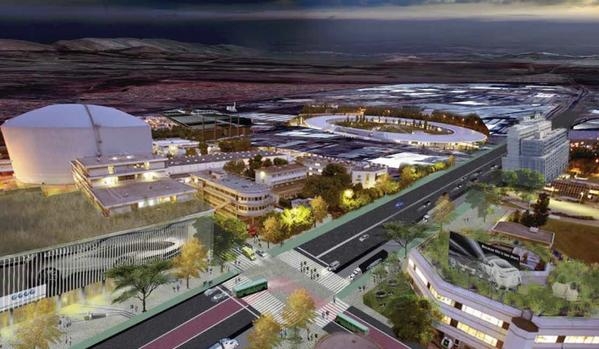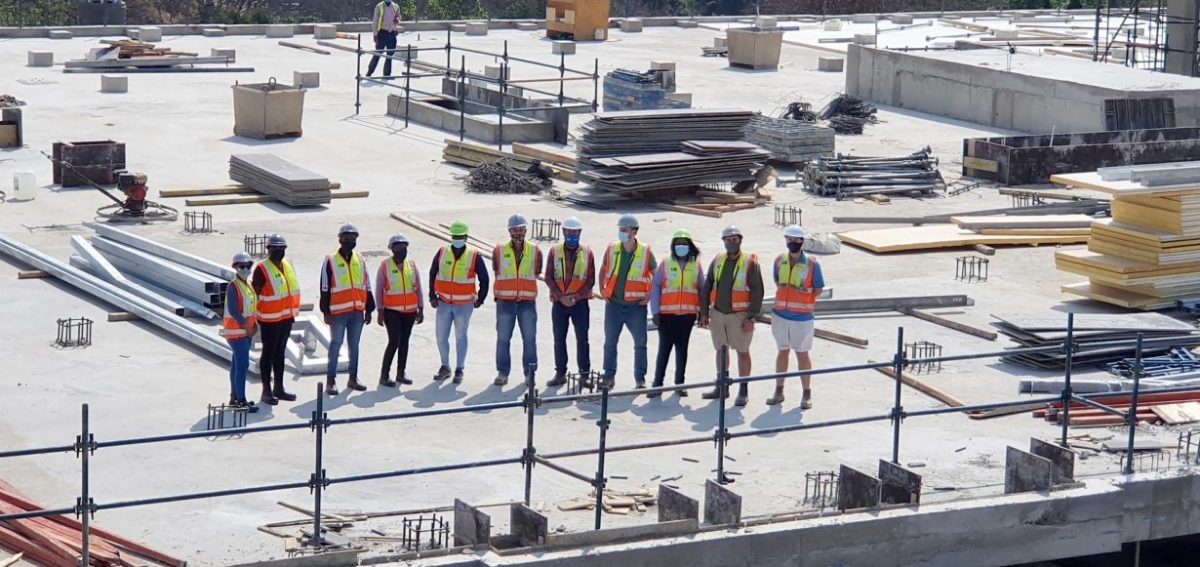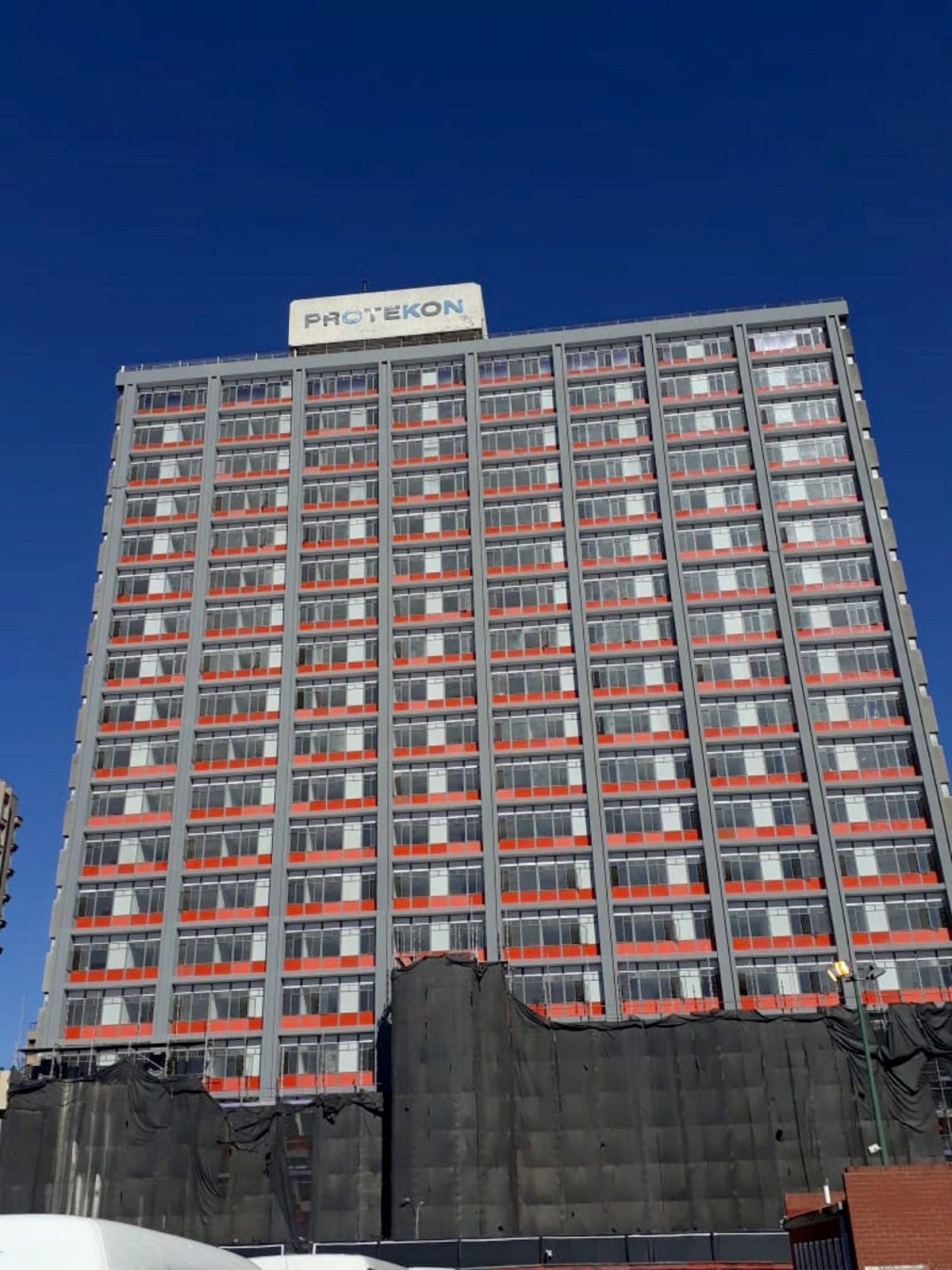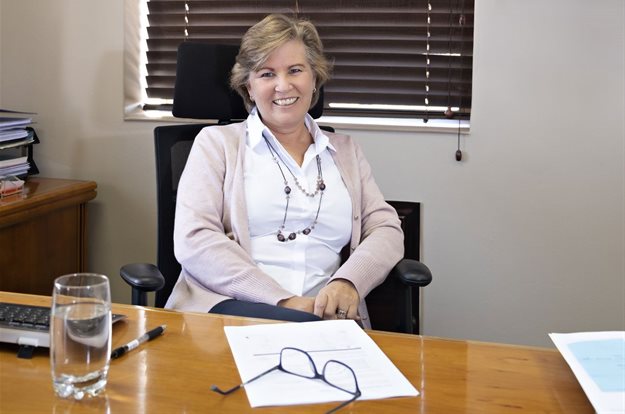

The R3-billion mixed-use Rosslyn Hub development was launched at the African Smart Cities Summit, co-located with the African Construction and Totally Concrete Expo, at the Gallagher Convention Centre, in Johannesburg, on Wednesday.
The Rosslyn Hub is a crucial step towards the creation of the Tshwane Auto City (TAC), a collaboration between government and the automotive industry to transform the area into the leading automotive investment destination in Africa.
Big Cedar Properties MD and Rosslyn Hub director Brendan Falkson noted that it is envisioned that Rosslyn, which is already home to four automotive manufacturers – BMW, Nissan, Iveco and Tata – along with an array of automotive suppliers, will emulate well-established automotive cities like those in Spain, China, Germany and Japan.
The 7,157-ha hub will include 1 200 houses and 250 rental apartments; a hospital and clinic; a hotel and conference centre; and pre-primary and high schools, as well as a university with student housing. It will also include two shopping centres and a filling station, town centre, waterfront development and a race track.
In addition to the automotive plants already established in Rosslyn, the hub will comprise a development logistics park and vehicle distribution centre, a truck staging area and truck stop, motor showrooms, a motor retail area and an outdoor automotive pavilion.
The hub will benefit from its proximity to existing transportinfrastructure, including access to the Capital Park Raillogistics hub.
The Automotive Industry Development Centre (AIDC), which is mandated to support the automotive industry in becoming globally competitive, developed the TAC concept and, as an implementing agency of government, is the project manager for the hub’s development.
AIDC CEO Dr David Masondo noted that the idea is to leverage the largest concentration of automotive original-equipment manufacturers and component manufacturers in Africa to establish a place where their employees can live, work and entertain themselves within the same precinct.
Masondo explained that the TAC aligns with the AutomotiveSector Vision 2020, which aims to produce 1.2-million vehicles and deepen the manufacturing base by stimulating investment and increasing local content. Falkson added that the project is expected to create 160 000 jobs.
Masondo said the TAC will be the fourth automotive city globally, and the first in Africa. Global investment interest for the development project is high.
In addition to the AIDC, the Tshwane Economic Development Agency, City of Tshwane, the Gauteng province and the Gauteng Growth Development Agency have partnered with private sector companies to realise this project.
The hub development team has identified eight focus areas including logistics and freight to assist in the export of the goods produced in the hub; research and development; and the establishment of a green and sustainableautomotive city. Most of the developments will have north facing roofs with sufficient load capacity to enable solar installations.
Falkson noted that construction of the K217 road, which runs from north to south between Soshanguve and the N4 highway, will enable greater access into Rosslyn and unlock additional investment opportunities.
“Between 2008 and 2018 around R12-billion has been invested into the Rosslyn area. Following the launch of the hub, we anticipate a 400% increase in investment in the next decade,” said Masondo.





